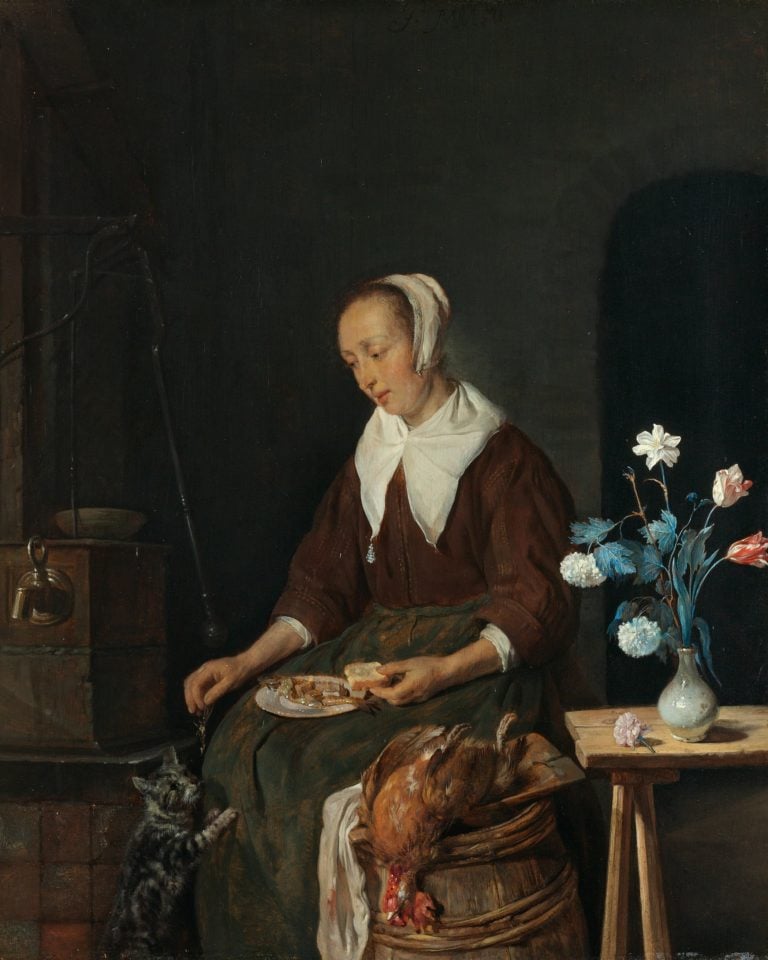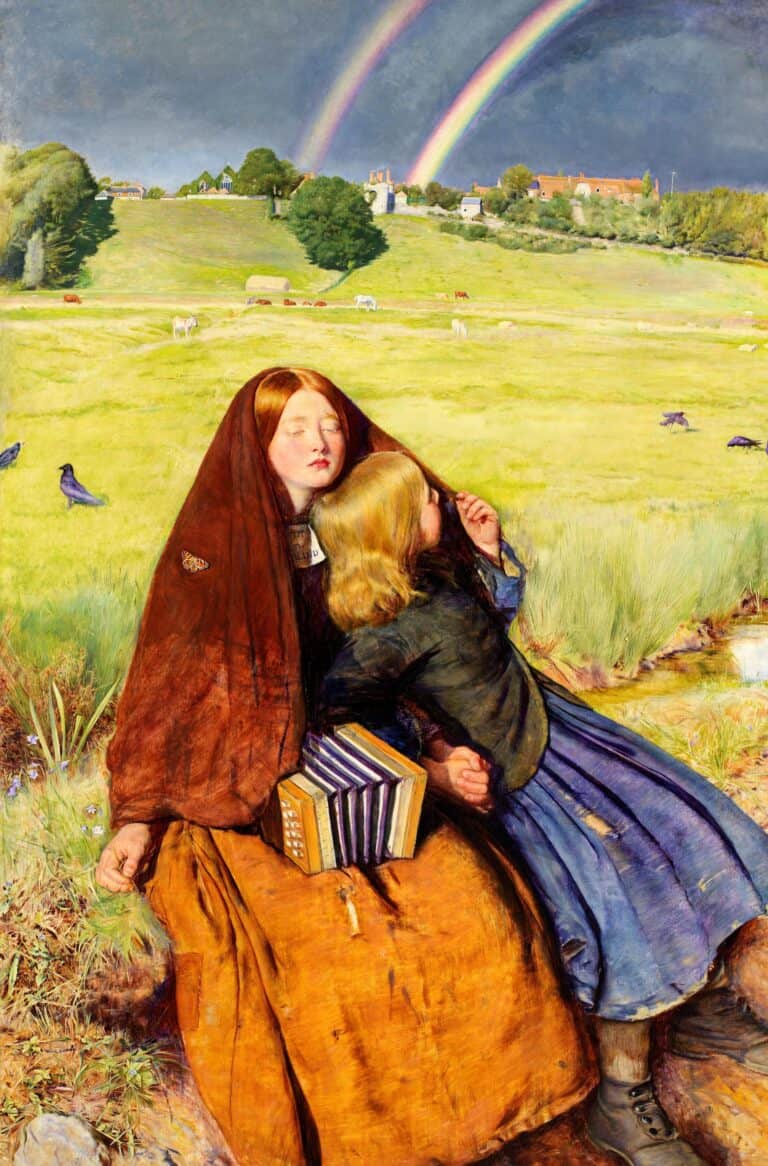What is Religious OCD?
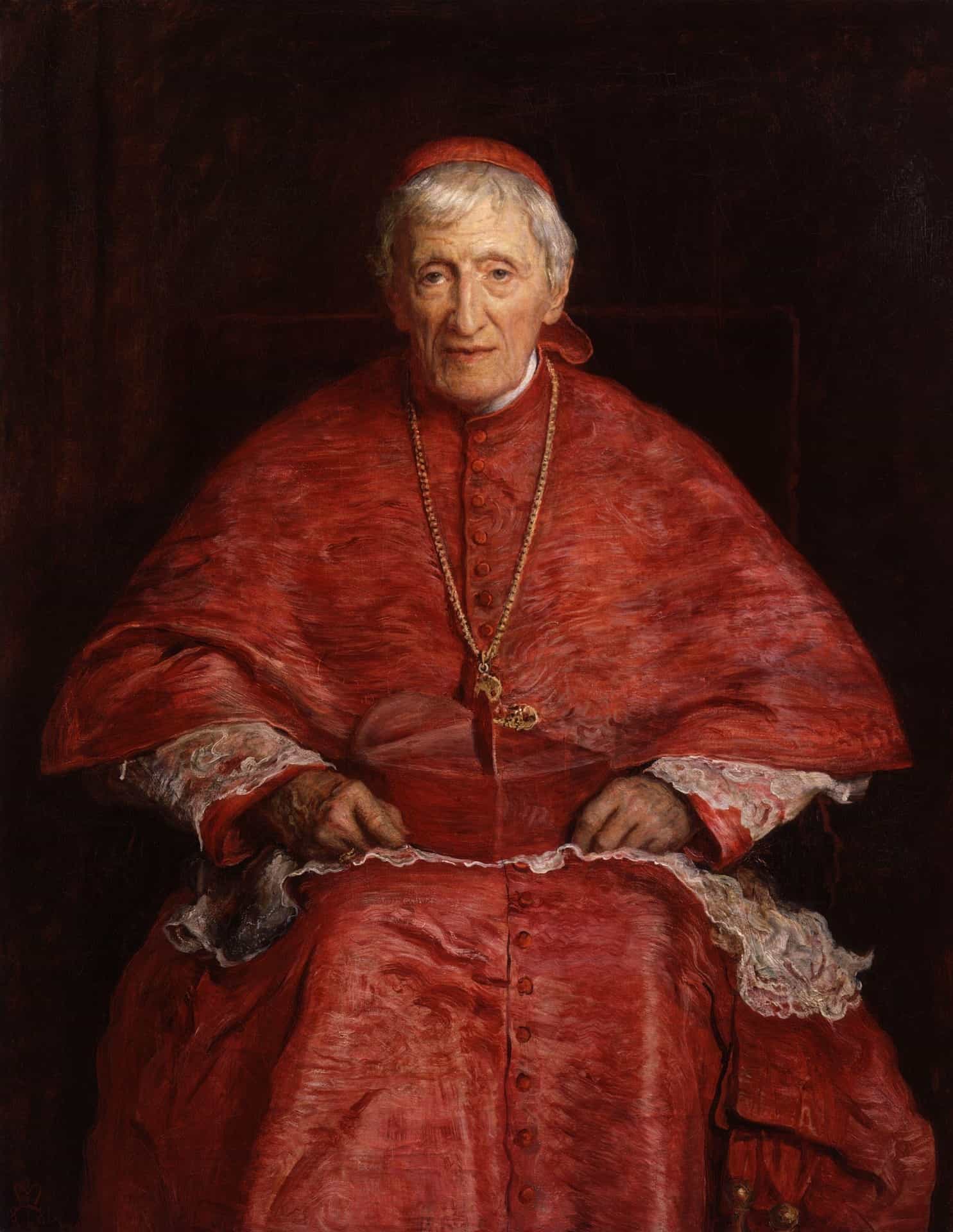
Welcome to the discussion on religious OCD, a specific subtype of obsessive-compulsive disorder that centers around intrusive and distressing thoughts, obsessions, or doubts related to religious or moral beliefs.
In this article, we will delve into the nature of religious OCD, its signs and symptoms, and how it affects individuals’ lives.
We will also examine the recognition of religious OCD, as well as the available treatment options that can help individuals find relief and regain control.
Join us as we shed light on this mental health disorder sub type and its impact on the lives of those who experience it.

🎁 Special Offer: 🎁 When you use our affiliate link, you’ll receive an exclusive 20% discount on Online-Therapy.com services!
Don’t miss this opportunity to invest in yourself and unlock your full potential. Start your journey to mental wellness today!
Say yes to a brighter, happier future with Online-Therapy.com!
20% discount on Online-Therapy.com services
Are you ready to take control of your mental well-being and embark on a journey towards a happier, healthier you? Look no further than Online-Therapy.com!
Experience a transformation in your mental health with the following benefits:
- Convenient & Confidential: Online-Therapy.com provides a safe and private platform for therapy sessions. Say goodbye to the stress of in-person appointments.
- Comprehensive Resources: Access a treasure trove of therapeutic resources, including worksheets, journals, and interactive tools, all designed to help you grow and heal.
- Certified Professionals: Connect with experienced and licensed therapists who are dedicated to your progress and well-being.
- Tailored Approach: Online-Therapy.com offers personalized plans designed to suit your specific needs, ensuring you receive the support you deserve.
What is Religious OCD?
Religious OCD, also known as scrupulosity, is a subtype of obsessive-compulsive disorder (OCD) in which a person experiences intrusive, distressing thoughts, obsessions, or doubts related to their religious or moral beliefs.
People with religious beliefs may obsessively worry about committing a sin, displeasing a higher power, or violating religious rules.
They may engage in compulsive behaviors such as excessive prayer, seeking reassurance from religious figures, or performing rituals to alleviate their anxiety.
It’s important to note that religious OCD does not reflect a lack of faith, but rather an extreme preoccupation with religious matters that can significantly impact a person’s daily life and well-being.
What are you waiting for? – Download Your FREE OCD Worksheets Now!
How Do You Recognize Religious OCD
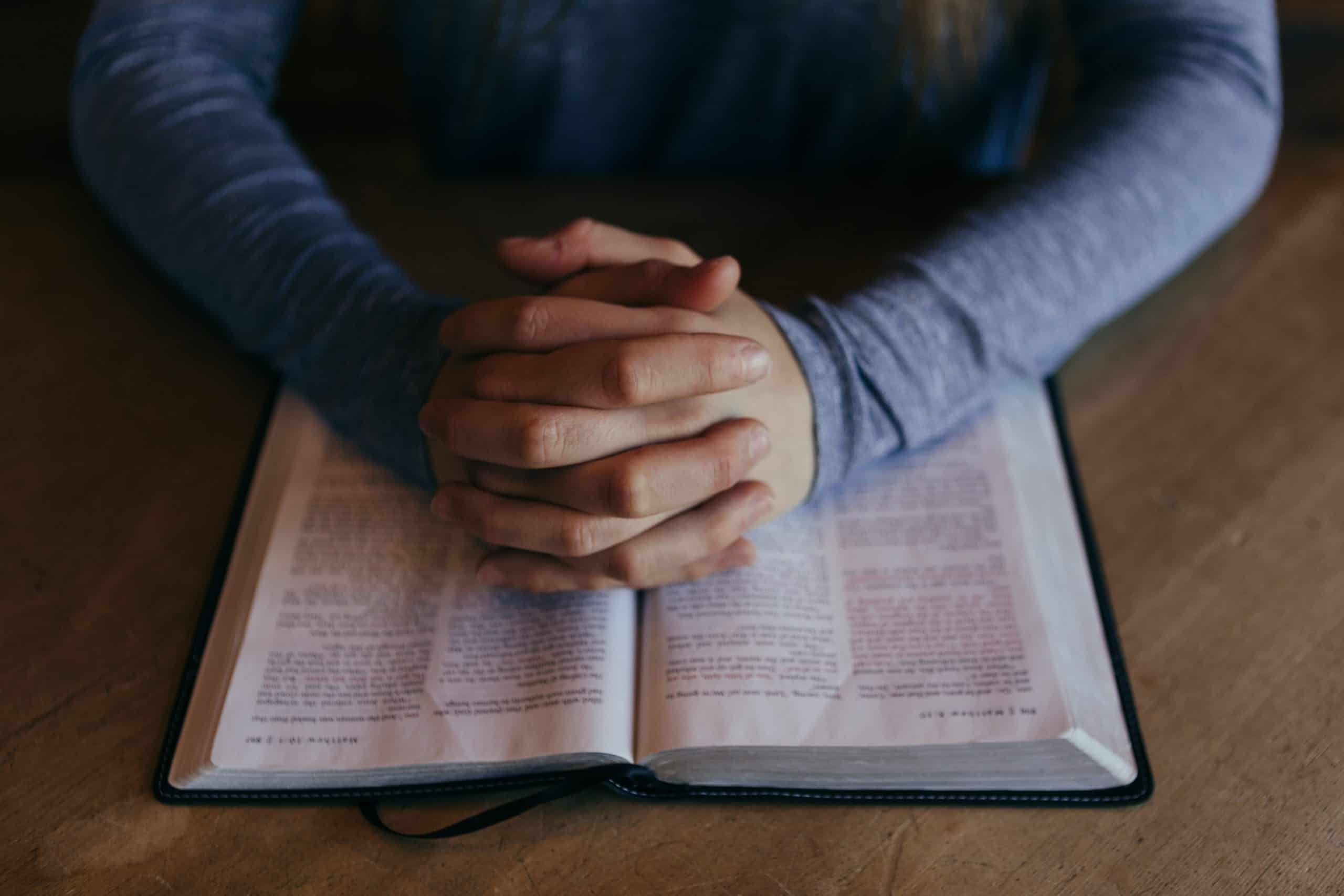
Recognizing religious OCD, or scrupulosity, can be challenging as it often involves OCD symptoms including intrusive thoughts, mental acts and internal struggles that are not immediately visible.
However, here are some common signs and symptoms that may indicate the presence of religious Obsessions:
Excessive preoccupation with religious or moral thoughts
A person with religious services including religious faith and religious practices may constantly worry about committing sins, having impure thoughts, or violating religious rules.
Intrusive and distressing thoughts
They may experience unwanted, repetitive, and distressing thoughts related to typical religious practice, religious traditions, offending God, morality, or spirituality.
These thoughts can be difficult to control and may cause significant anxiety.
Compulsive behaviors and rituals
Individuals with religious OCD may engage in behavioral or mental compulsions to alleviate their anxiety, such as excessive prayer, confessing repeatedly, seeking reassurance from religious authorities, or engaging in religious rituals excessively.
Extreme guilt and self-blame
They may feel excessive guilt over perceived moral failings or religious transgressions, even if their actions are not objectively wrong or sinful.
Interference with daily life
Religious OCD can significantly impact a person’s daily functioning, relationships, and overall quality of life.
The preoccupation with religious thoughts and rituals can consume a significant amount of time and mental energy.
If you suspect that you or someone you know may be experiencing religious OCD, it’s important to consult with a mental health professional for a proper evaluation and guidance. They can provide a diagnosis and recommend appropriate treatment options.
Love Reading? Checkout our MUST READ OCD books List!
How to Treat Religious OCD
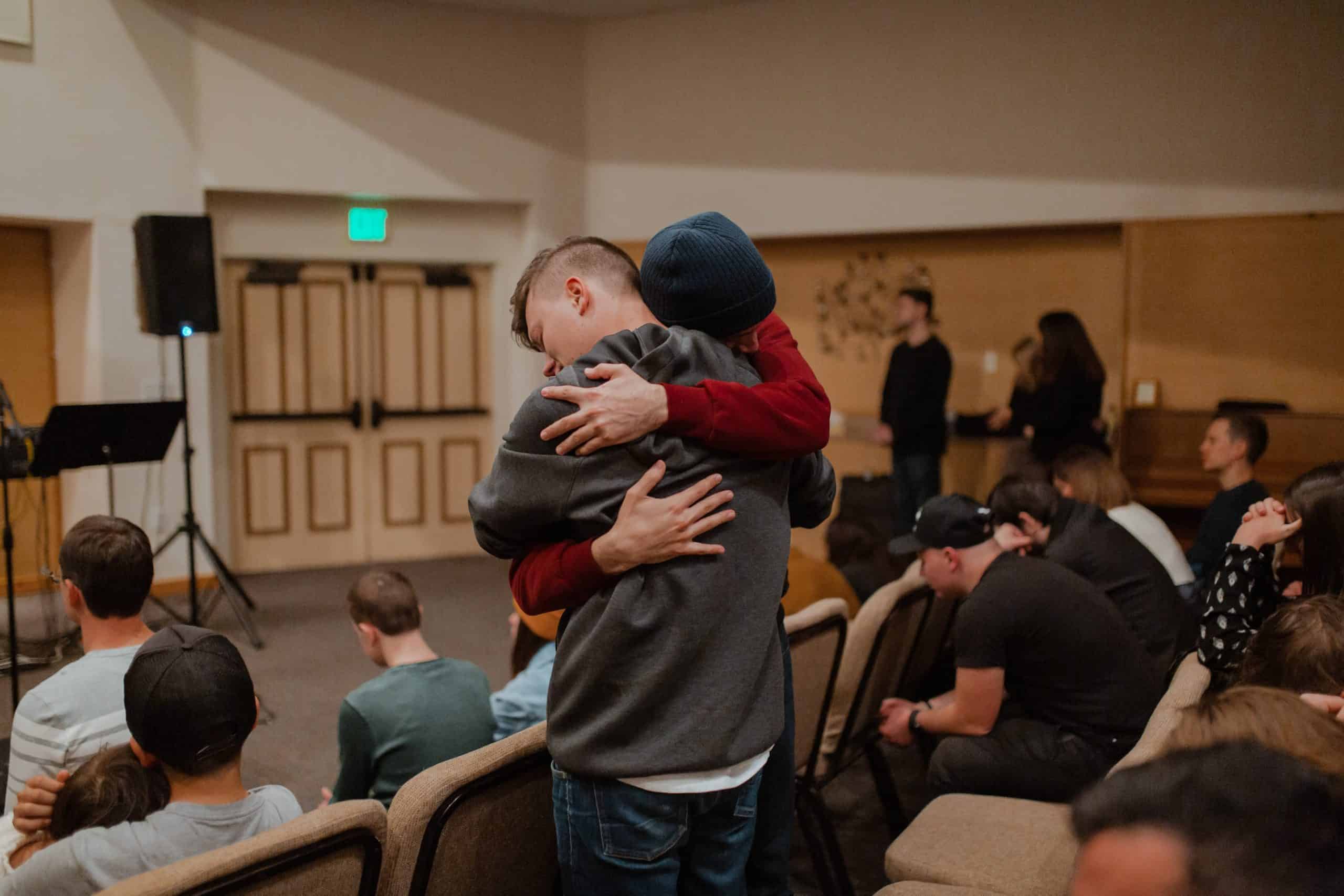
Religious OCD, like other subtypes of OCD, can be effectively treated with a combination of therapies. Here are some common approaches used in the treatment of religious OCD:
Cognitive-Behavioral Therapy (CBT)
Cognitive behavior therapy CBT is a widely used and evidence-based therapy for OCD. A specific type of CBT called Exposure and Response Prevention (ERP) is often used in treating ocd
Response prevention (ERP) involves gradually exposing the person to their feared religious thoughts or situations and refraining from performing the compulsive behaviors or rituals that typically follow.
This process helps them learn to tolerate the anxiety and reduce the need to engage in compulsions.
Medication
In some cases, medication, such as selective serotonin reuptake inhibitors (SSRIs), may be prescribed in conjunction with therapy to help alleviate the symptoms of religious themes.
Medication can help reduce intrusive thoughts, anxiety and obsessive thoughts, making it easier to engage in therapy.
Support groups
Support groups, such as those focused on OCD or scrupulosity, can provide individuals with religious OCD a safe space to share their experiences, gain support, and learn coping strategies from others who have similar challenges.
Education and psycho-education
Learning about OCD, its underlying mechanisms, and understanding that religious OCD is a recognized condition can be helpful.
Psychoeducation aims to provide individuals and their loved ones with information about the disorder, its treatment options, and strategies to manage symptoms.
Collaborative therapy
Involving religious leaders or spiritual advisors in therapy can be beneficial in addressing religious OCD.
Collaboration between mental health professionals and religious leaders can help individuals reconcile their religious beliefs with their OCD symptoms in a supportive and understanding environment.
It’s important to consult with a mental health professional who specializes in OCD or anxiety disorders for an accurate diagnosis and personalized treatment plan.
They can assess your specific situation and guide you through the most appropriate treatment approach for your religious OCD.
Related Articles – Moral Absolutism in OCD
Resources for Religious OCD
Here are some resources that can provide further information and support for religious OCD:
International OCD Foundation (IOCDF)
The IOCDF is a leading organization dedicated to educating and supporting individuals with OCD and related disorders.
They provide resources, support groups, and information specifically tailored to religious OCD or scrupulosity.
OCD and Scrupulosity Support Groups
Many local and online support groups exist for individuals with religious OCD.
The OCD Support Groups directory on the IOCDF website can help you locate groups in your area or online platforms where you can connect with others who share similar experiences.
Books and Publications
“Can Christianity Cure Obsessive-Compulsive Disorder?” by Ian Osborn
“Tormenting Thoughts and Secret Rituals: The Hidden Epidemic of Obsessive-Compulsive Disorder” by Ian Osborn
“The Doubting Disease: Help for Scrupulosity and Religious Compulsions” by Joseph W. Ciarrocchi
“The OCD Workbook: Your Guide to Breaking Free from Obsessive-Compulsive Disorder” by Bruce M. Hyman and Cherlene Pedrick
Please note that while these resources can provide valuable information and support, they should not replace professional advice.
It’s essential to consult with a mental health professional who specializes in OCD or anxiety disorders for personalized guidance and treatment.
Related Articles – Can Music Therapy Help OCD

🎁 Special Offer: 🎁 When you use our affiliate link, you’ll receive an exclusive 20% discount on Online-Therapy.com services!
Don’t miss this opportunity to invest in yourself and unlock your full potential. Start your journey to mental wellness today!
Say yes to a brighter, happier future with Online-Therapy.com!
20% discount on Online-Therapy.com services
Are you ready to take control of your mental well-being and embark on a journey towards a happier, healthier you? Look no further than Online-Therapy.com!
Experience a transformation in your mental health with the following benefits:
- Convenient & Confidential: Online-Therapy.com provides a safe and private platform for therapy sessions. Say goodbye to the stress of in-person appointments.
- Comprehensive Resources: Access a treasure trove of therapeutic resources, including worksheets, journals, and interactive tools, all designed to help you grow and heal.
- Certified Professionals: Connect with experienced and licensed therapists who are dedicated to your progress and well-being.
- Tailored Approach: Online-Therapy.com offers personalized plans designed to suit your specific needs, ensuring you receive the support you deserve.
Final Thoughts on Religious OCD
In conclusion, religious OCD, also known as scrupulosity, is a subtype of obsessive-compulsive disorder that involves intrusive and distressing thoughts, obsessions, or doubts related to religious or moral beliefs.
Individuals with religious OCD may experience excessive preoccupation with religious matters, engage in compulsive behaviors to alleviate anxiety, and struggle with extreme guilt and self-blame.
This condition can significantly impact their daily lives and well-being. Recognizing religious OCD involves understanding the signs and symptoms, such as intrusive thoughts and compulsive rituals.
Effective treatment approaches include cognitive-behavioral therapy (CBT), medication, support groups, and collaboration with religious leaders.
It is important for individuals experiencing religious OCD to seek professional help and access appropriate resources for support and treatment.

